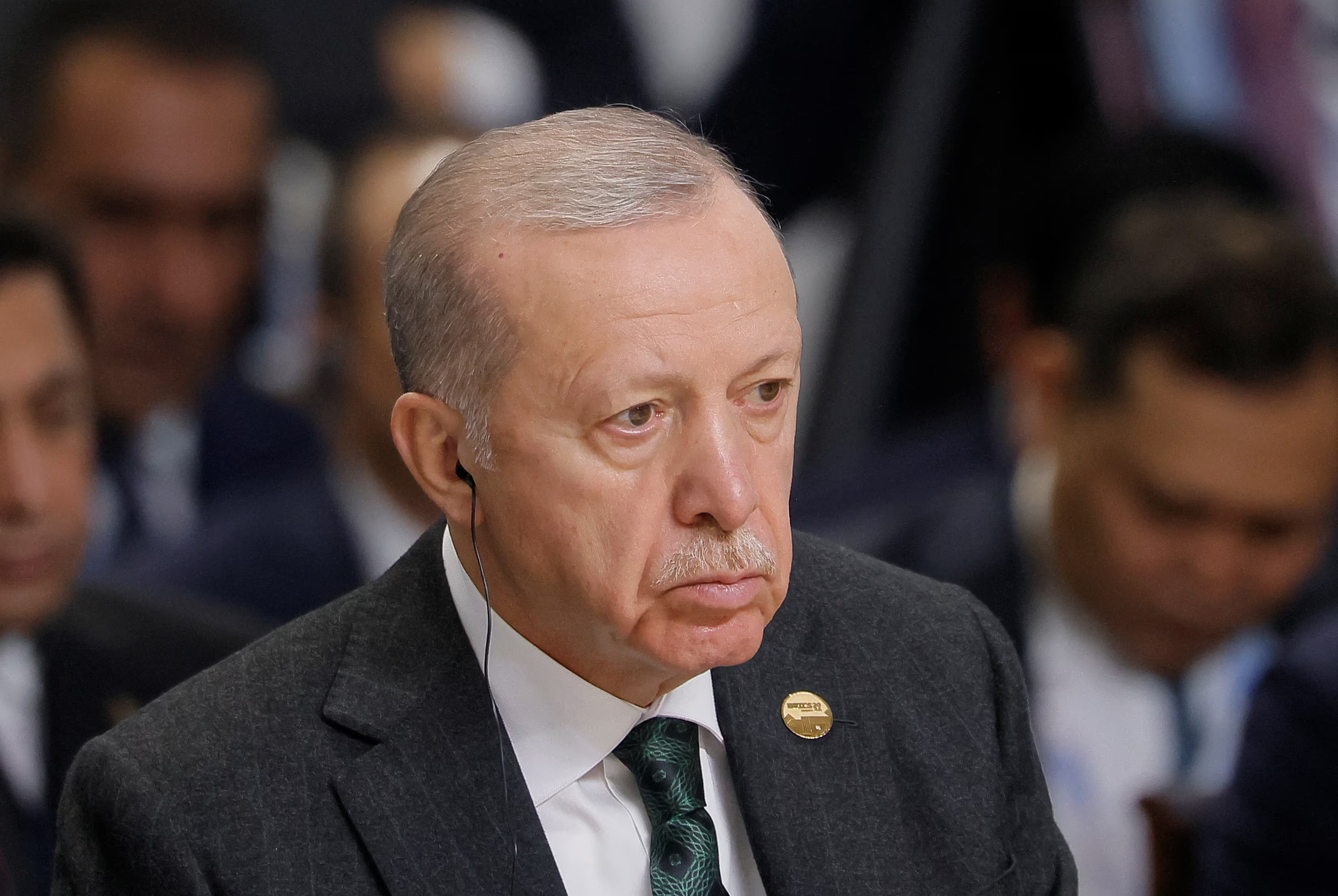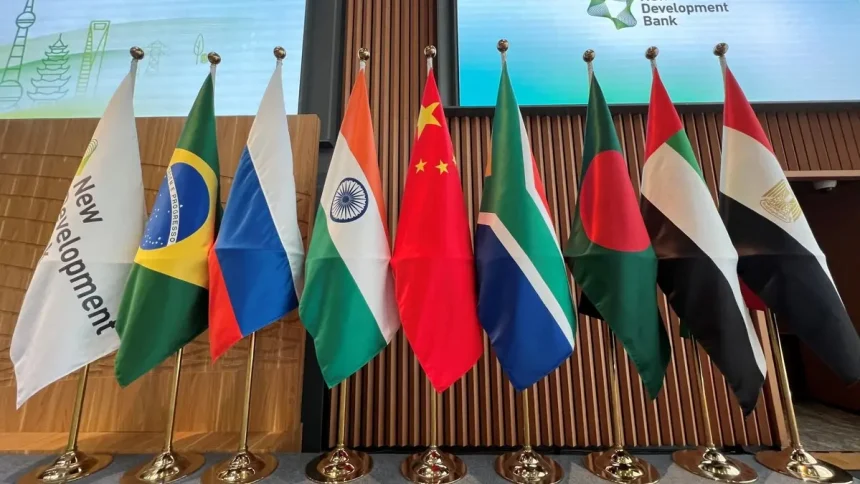Turkey’s Recent BRICS Engagement: A Step Toward Eastern Economic Ties While Maintaining NATO Commitment
In a significant diplomatic development, Turkey has recently been offered “partner country” status by the BRICS bloc, a coalition of emerging economies that includes Brazil, Russia, India, China, South Africa, and the more recent additions of Ethiopia, Iran, Egypt, and the United Arab Emirates. This offer reflects Turkey’s ongoing strategy to cultivate balanced relations between Eastern and Western power blocs.
The announcement came from Turkey’s Trade Minister Ömer Bolat, who shared that BRICS extended the “partner country” status to Turkey. This new designation represents an initial step within the BRICS organizational framework, providing Ankara with a transitional platform for greater economic cooperation without full membership.
Turkey, a NATO member with long-standing alliances in the West, has increasingly expressed interest in aligning with the BRICS bloc. President Recep Tayyip Erdoğan attended a BRICS summit hosted in Kazan last month by Russian President Vladimir Putin, signaling Turkey’s formal efforts to join the coalition.
Erdoğan’s participation underscored Turkey’s desire to broaden its economic and diplomatic horizons in the East, but not at the expense of its commitments to NATO and its Western alliances.
Speaking on the recent developments, Bolat noted, “As for Turkey’s status regarding BRICS membership, they offered Turkey the status of partner membership. This is part of the transition process in the organizational structure of BRICS.”
READ ALSO: Asian Markets Slide Amid Weak Chinese Economic Data
The addition of a “partner country” category is a new move for BRICS, recently introduced in the Kazan declaration issued on October 23. This intermediary status grants Turkey a unique position, enabling Ankara to engage closely with BRICS economies without full membership obligations.

While Turkey’s recent engagement with BRICS has drawn attention, Turkish officials have repeatedly clarified that this new partnership is not a substitute for Turkey’s Western commitments. Instead, Turkish leaders see BRICS as an opportunity to enhance economic cooperation with influential Eastern economies, aligning with Ankara’s ambitions to diversify its trade and investment relationships.
President Erdoğan and his administration have maintained that any BRICS involvement would coexist with Turkey’s NATO obligations. The Turkish government has emphasized that stronger ties with BRICS members are meant to complement, rather than replace, Turkey’s strategic and military affiliations in the West.
According to an official from Erdoğan’s ruling AK Party, the Kazan proposal did not meet Turkey’s ultimate aim of full BRICS membership, but it has opened a dialogue and created an alternative framework for engagement.
The offer and Ankara’s apparent interest mark a pivotal moment in Turkey’s foreign policy, revealing its intent to strike a nuanced balance between its Western commitments and growing Eastern partnerships. This balancing act reflects Turkey’s larger geopolitical vision of establishing itself as a key regional player capable of fostering cooperation across diverse political and economic spheres.
As Turkey contemplates the proposal, it may find new pathways for collaboration with BRICS member states, potentially driving economic growth through increased trade, infrastructure investments, and shared initiatives. For Turkey, the partner status within BRICS could mark the beginning of a fruitful era of multi-aligned diplomacy, providing a unique bridge between East and West.

